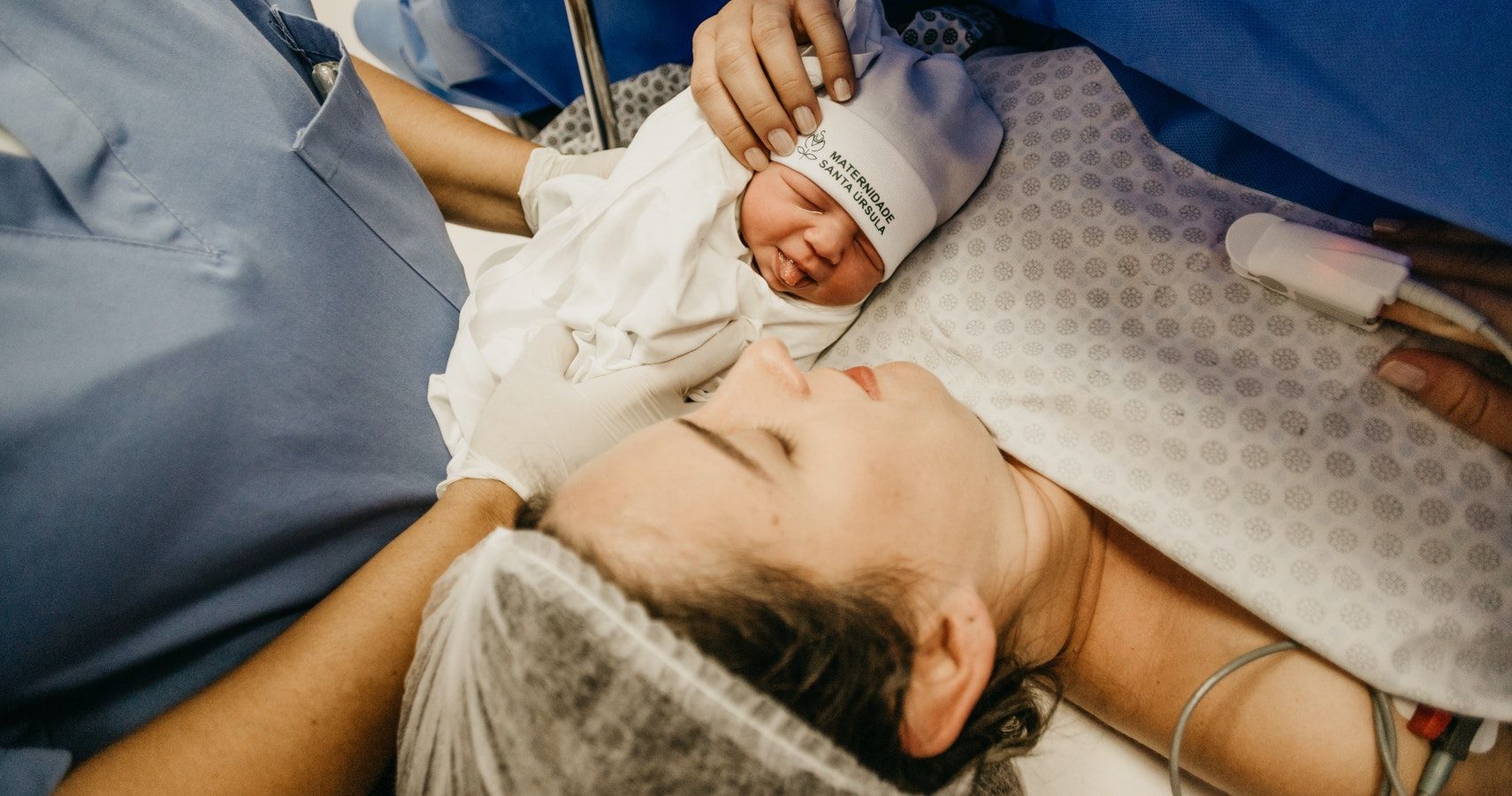A baby's behavior develops at birth. And while this does not mean that the behavioral development cannot be influenced by people in the baby's life or life experiences, the neural connections that make everyone's personality unique are already functioning the day the baby makes his way into the world.
Researchers from the United States and Germany determined that the behavior traits seen in children and adults have begun forming as soon as they are born. And, much like a fingerprint, the neural connections in the brain that give a person their personality, are unique to every person, according to Frontiers Science News.
The study, published in Frontiers in Psychiatry, noted that there have been studies in the past that have shown how brain connectivity is associated with good mental health and the overall wellness of a person. However, according to Study Finds, none have looked at exactly when the foundation for mental health begins.
Through this study, it was found that the direction mental health takes begins when a person is a newborn through the first month of life.
There are three main networks of the brain that are associated with mental health, according to Medical Xpress. Those networks are the frontoparietal network (FPN), default mode network (DMN), and the homologous-interhemispheric network (HIN).
FPN is the portion of the brain that controls the emotions and attention span a person has, per the publication, DMN controls social cognition and how the mind wanders, and HIN controls how emotional a person is.
To determine how the connectivity in the brain influences the mental health of a person as they age, researchers focused on the three networks of the brain in newborns and one-month-olds to see how and if the FPN, DMN, and HIN networks were active.
The brain activity was monitored via a specialized head cap that would show how active each portion of the brain was in babies, according to Frontiers Science News.
Researchers asked the babies' parents to fill out a questionnaire regarding their babies' temperament in the days and weeks after their birth. The questions covered everything from how easily the babies were soothed to if they experienced fear or distress, how active the babies were, and if and how they responded to their parents' voices, according to Study Finds.
What this "first of its kind" study showed was that not only were the three brain networks active in the babies but that the intensity of each network varied from baby to baby as well.
According to the study, because a person's behavior starts at birth, there is a possibility to diagnose those who are at a higher risk for depression or psychiatric diseases and provide intervention at very early ages. As a result of this, people may not have to suffer the consequences of having depression or psychiatric problems, learning coping skills, and undergoing treatment instead.
However, to get to that stage, according to Medical Xpress, "large-scale longitudinal neurodevelopmental studies" need to be carried out to determine if brain functionality can be changed and if so, what the window is to make that happen.
Source: StudyFinds, Frontiers Science News, Medical Xpress, Frontiers in Psychology

